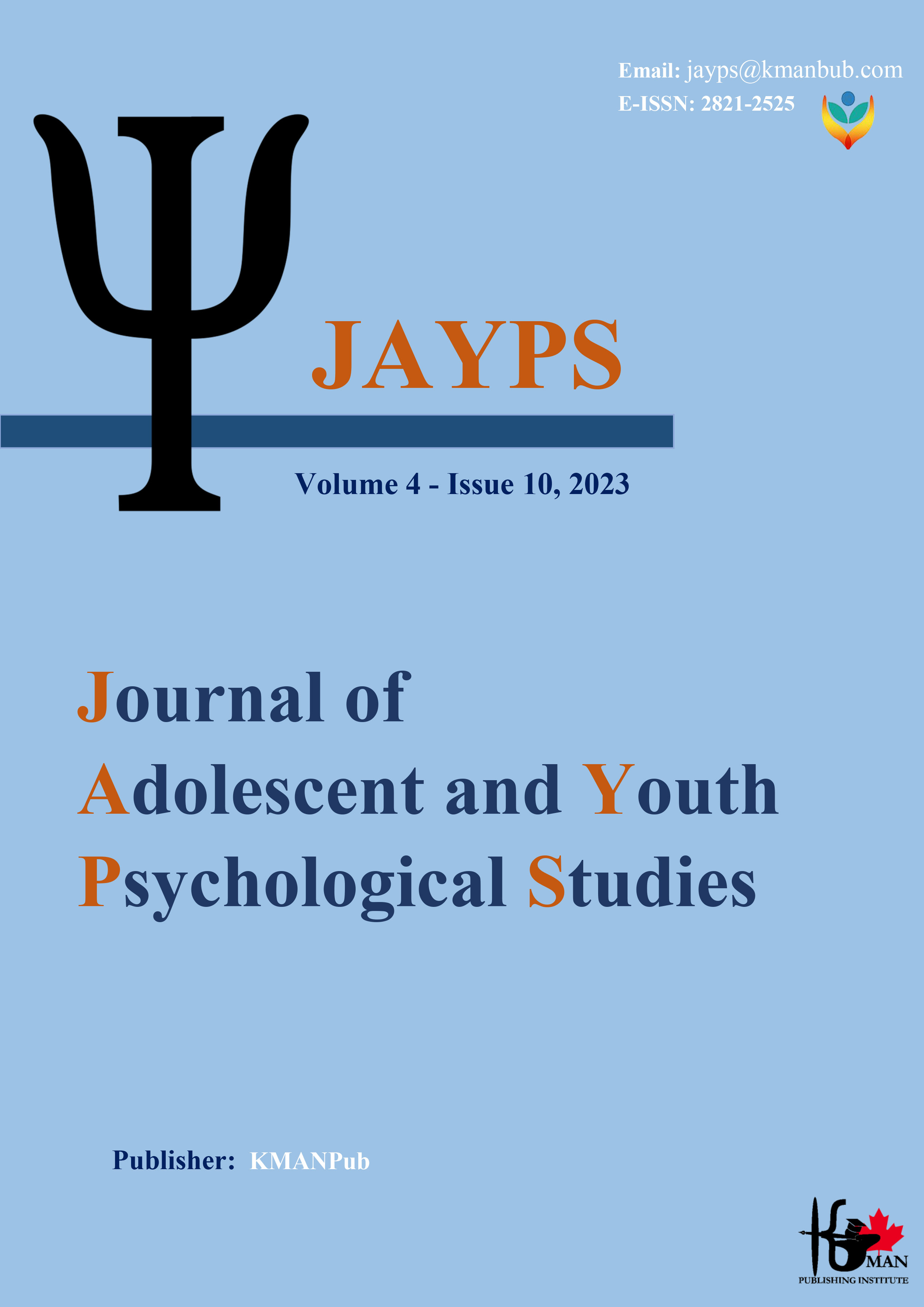Designing a model for the development of questioning skills in students based on the school environment using grounded theory and structural equation modeling
Keywords:
questioning, school environment, questioning skills, model strategies.Abstract
Background and Aim: One of the most important skills needed by today's society is the skill of questioning. Therefore, it is necessary to study this issue by designing a suitable model in the field of teaching questioning skills. Accordingly, the aim of the current research is to design a model for the development of communication skills in students based on the school context. Methods: The current research was a mixed (quantitative-qualitative) study that was conducted in the qualitative part of the database theory and MaxQDA software was used for data analysis. The statistical population of the qualitative part included professors and experts in the fields of education management, questioning education, and children's education. The sampling method is of a targeted type, which reached saturation by conducting a total of 10 interviews with professors and experts in the fields of education management, questioning education, and children's education. After this stage, the little stage started. Descriptive research method was used in this section. The statistical population of the research in this section were education teachers of Neishabur city. Therefore, 413 questionnaires were selected based on available sampling method and Cochran's formula. Quantitative data analysis was performed using Pearson correlation and structural equation modeling. Confirmatory factor analysis and path analysis tests were used in PLS software. Results: In the qualitative section, nine main categories were identified as effective strategies, these strategies had 49 open codes. The validity of the questionnaire was evaluated using content validity and construct validity as well as questionnaire validity. Its reliability was also confirmed with Cronbach's alpha, homogenous reliability and composite reliability. The results indicated the confirmation of the extractive model and qualitative components extracted in the previous step. Based on this, the effect of causal conditions and compulsive buying phenomenon was equal to 0.27, the effect of questioning skill phenomenon on strategies was equal to 0.324, and the effect of background components on strategies was equal to 0.258. The influence of strategies on outcomes is equal to 0.584. The influence of the interventionists on the results was equal to 0.113. The influence of interventionist control components on strategies was equal to 0.113. Also, the moderating rate of interventionist control variable in the relationship between strategies and outcomes was equal to -0.089. All relationships were significant according to their significance level. Conclusion: It can be concluded that the questioning skills development model in the present study has good validity and reliability and it is suggested to be implemented as a trial and pilot.
Downloads
Downloads
Additional Files
Published
Submitted
Revised
Accepted
Issue
Section
License

This work is licensed under a Creative Commons Attribution-NonCommercial 4.0 International License.









